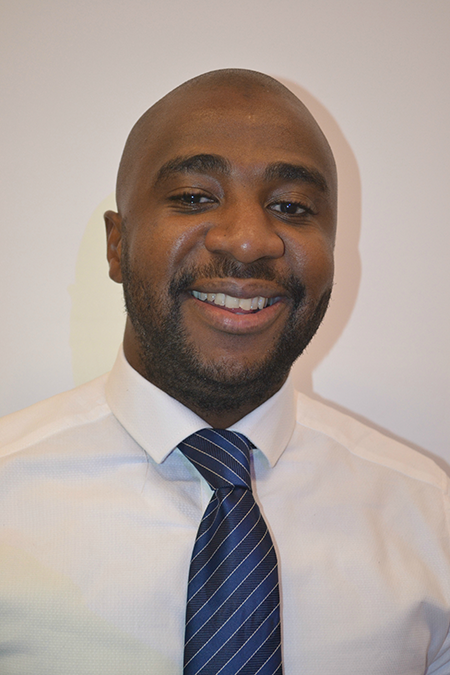This is the question Dr Illyayambwa Mwanawina, an expert in regional integration, international law, good governance and human rights at the North-West University’s (NWU’s) campus in Vanderbijlpark is posing following the recent UNSC meeting during which the council failed to adopt a resolution that would have condemned the reported use of chemical weapons in Syria.
According to Dr Mwanawina there is a “growing pandemic” of internal power plays amongst the member states within the UNSC and it is crippling the council’s ability to execute its mandate effectively. “The UNSC’s failure to call on the respective government to cooperate with an investigation into the recent gas attack in a rebel-held area of Northern Syria (that killed at least 87 people, many of them children) is a symptom of the council’s inability to preserve the values of the United Nations (UN),” explains Dr Mwanawina.
A video clip of the attack sent shock waves across the globe and raised concern about the nature of armed conflicts occurring around the world. “I also do not doubt the fact that the world has witnessed this crisis unfold for close to seven years on social media and other forms of news reports,” says Dr Mwanawina and furthermore states that what should also spark increased distress within the ranks of civil society is the inability of the UNSC to seemingly pursue its objective of preserving international peace. According to Dr Mwanawina the UNSC is unable to timeously adopt progressive resolutions due to its permanent members not reaching accord.
“For each day that goes by while the indecision of the UNSC on Syria stands, the death toll, as well as the number of internally displaced persons also rise. It’s illogical that a member of the UNSC would oppose a resolution aimed at affirming the values of peace and stability,” says Dr Mwanawina who is of the opinion that it is worrying that diplomats are perceived as being more concerned with the deteriorating diplomatic relations between Russia and the United States (as a result of Russia opposing the resolution that was supported by the United States) than by striving towards peace and stability.
The power to veto – a much debated issue
The UNSC is tasked with acting promptly and effectively on behalf of the United Nations, to preserve international peace and security as well as to uphold the principles articulated in the Charter of the United Nations. Article 27(3) of the United Nations Charter requires that decisions of the Security Council be reached by the affirmative vote of nine members including the concurring votes of the permanent members. This provision has been the centre of much debate in relation to the imbalance of power in global affairs since it implies that a negative vote, or veto, from one of the Council’s five permanent members: China, France, Russia, the United Kingdom, and the United States, means a resolution cannot be adopted.
In most instances, according to Dr Mwanawina, the power to veto has been used by the permanent members to advance their own “narrow political interests” at the cost of actual human lives. In international law circles, it has been advanced that the design of the UN Charter to only have five permanent members was necessary in 1945 to reflect the geopolitical realities of the world after the catastrophic wars. “Ironically, it is recorded that all five permanent members have gone to war or invaded a country without Security Council approval, thereby gesturing the shifty nature with which the permanent members respect the role of the UNSC,” says Dr Mwanawina.
“In my opinion, the operational integrity of the UNSC is in a state of decline. The reasoning and decisions of the members sitting in the UNSC are not congruent with the values and principles that they are supposed to defend. Ideally, each decision or indecision by a member state should be couched in a reason or principle that can be rationally traced to the objectives of the UN. At this juncture, there are no mechanisms to enhance the accountability of the UNSC members. Unless the UN considers reforming its organs and operations, this deterioration will continue to strengthen the narrative on how the UN and other international organizations only serve the interests of dominant member states.”

Dr Illyayambwa Mwanawina
